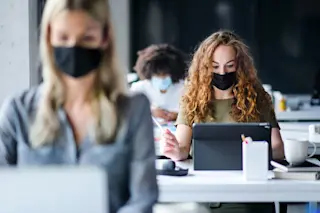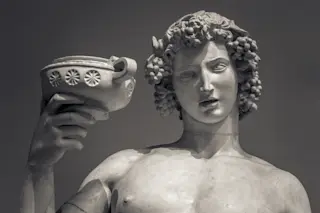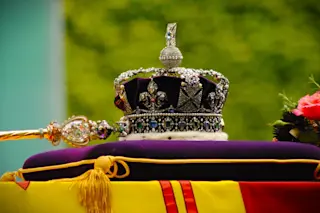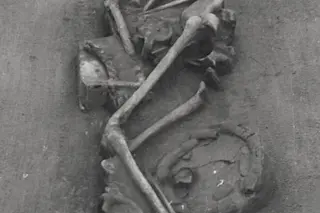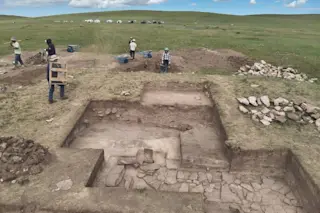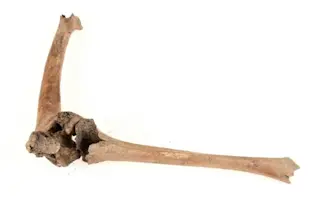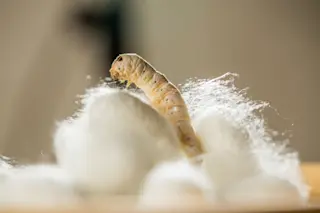It was a Sunday dawn when we noticed an image of a penis had been painted on the gate opposite the labs. As a campus security guard in the U.K., I’ve read the manual on acts of intimidation against university researchers — even if the methods are juvenile at best. But I’m pretty sure this graffiti wasn’t an anti-science gesture — particularly as there was no research currently taking place.
“Penisgate” happened was during the first lockdown in the U.K., which means we had already sealed university entrances. My gut told me that one of the local residents (who conveniently use our grounds as a shortcut to the city center) had objected to this measure. Their revenge? Open a paint can. After 10 minutes trying to remove their handiwork with a bolster, my eyes fell on the shuttered science building. “Solvents,” I thought.
Using my master keys, I opened the ...


